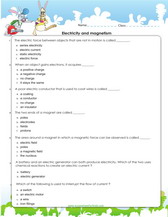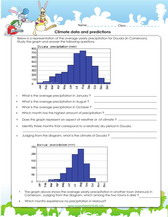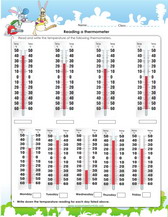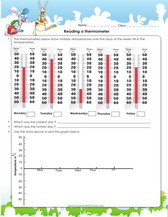How to make a lemon battery
How to Make a Lemon Battery
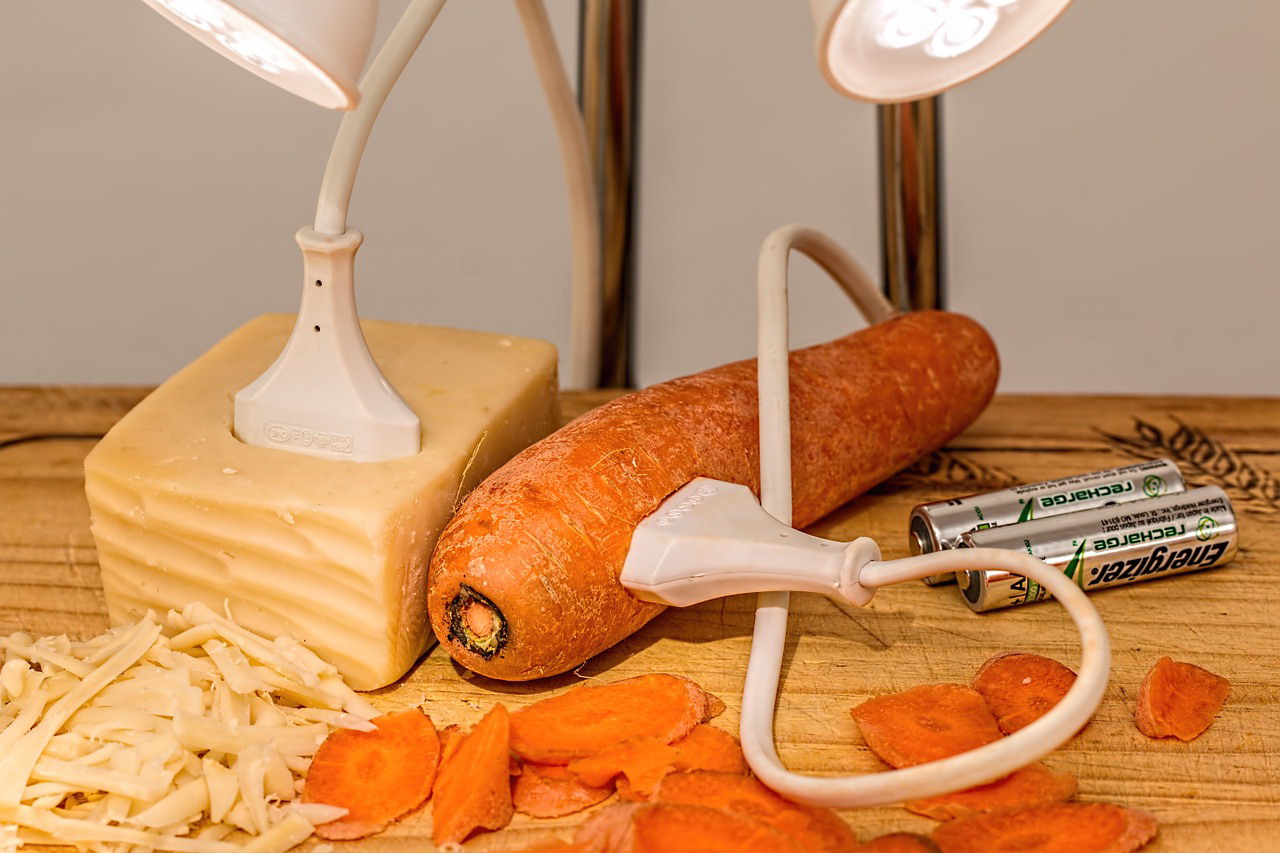 Electricity is one of the greatest mysteries of this world and there are countless ways to show its power. One of these ways is by making a lemon battery. By making a lemon battery you will be teaching your children about how batteries and electricity works in other devices.
Electricity is one of the greatest mysteries of this world and there are countless ways to show its power. One of these ways is by making a lemon battery. By making a lemon battery you will be teaching your children about how batteries and electricity works in other devices.
Here are Some Easy Steps to Follow
- The first step is to use wire strippers to strip about two and a half inches of plastic insulation off of copper wires. Then you will need to clip that piece of stripped wire off of the main roll.
- You will then need to straighten the steel paper clip. Use the wire clippers to cut the paperclip the same size and length as the copper wire you cut previously.
- Then you will need to use sandpaper to rub out any rough spots in the wire and paperclip. It is very important to make the ends as smooth as possible because you will touching the end of the wire to your tongue. It is also important to note that if you are using any zinc covered surfaces you will need to lightly scratch it with the sand paper to expose the fresh surface.
- Next you must roll the lemon gently on a table or another hard surface to break the cell walls and loosen the juice on the inside. The sour juice is a key ingredient to the chemical reaction you are about to start (this should give you a hint about the kind of chemicals found in lemon juice).
- You must then stick the copper wire about one inch into the lemon.
- Now make sure your tongue is moist with saliva or spit. You will then touch your tongue to the copper wire. Do you notice anything? Most likely you did not.
- You will then stick the paperclip, zinc covered nail, or zinc strip into a spot in the lemon about one fourth inch away from the copper wire. It is very important to make sure that the wires to do not touch at all. But at the same time the wires must be close enough so that they are able to swap matter in the chemical reaction because if they are too far apart then the matter might not make it between the wires.
- Now you will need to touch your moistened tongue to both wire ends. What did you notice this time? You should notice that a slight tingle or a metallic taste.

